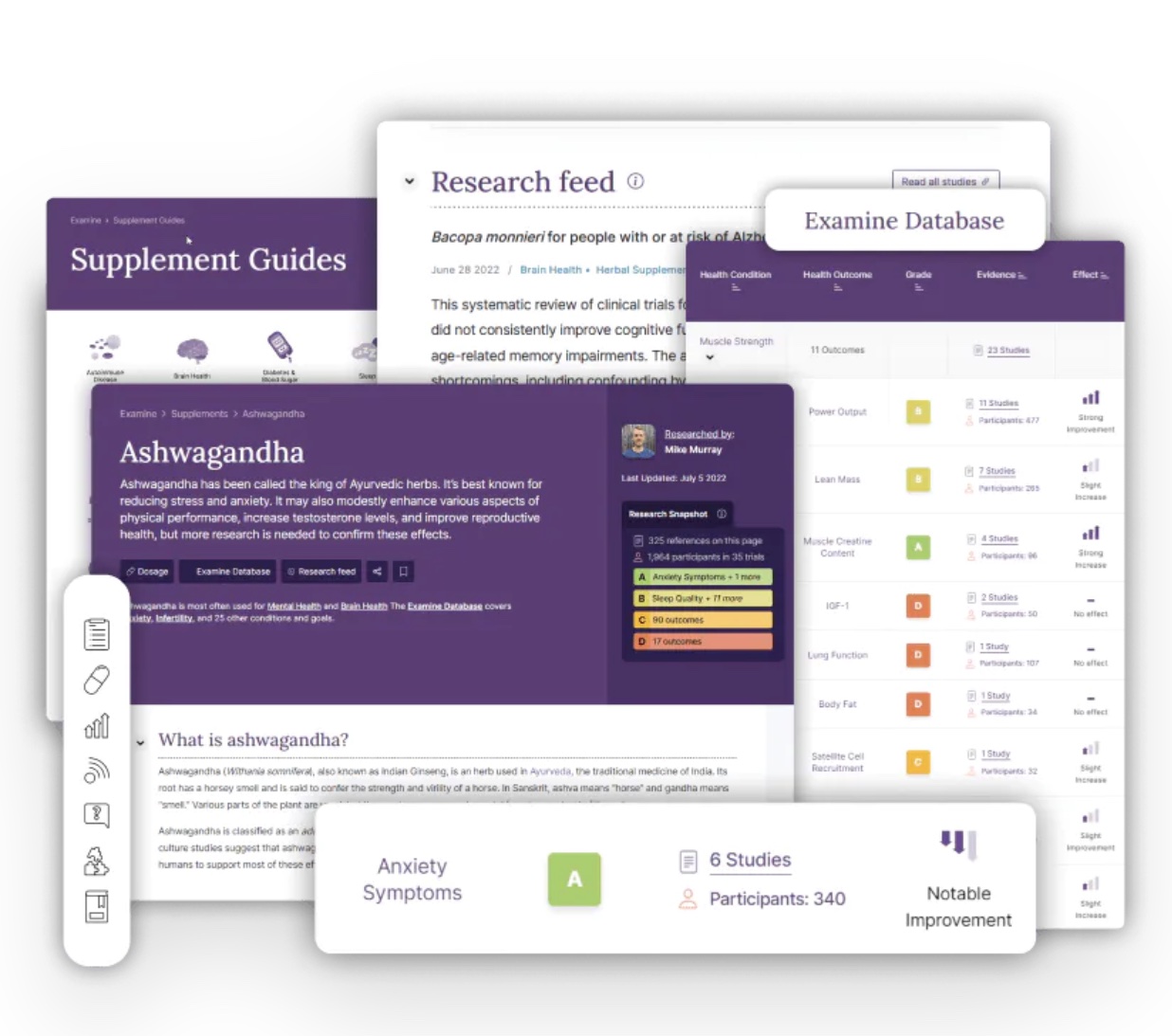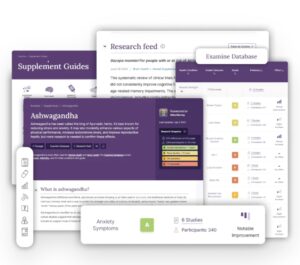
The Question I Hate to Be Asked
There’s one question that I get almost daily, and in spite of the fact that it drives me bonkers, I still do my best to answer it:
What supplements should I take?
The problem isn’t that there aren’t some supplements out there that can really help. Anyone who’s done even a cursory review of the research can speak to the value of supplements like Vitamin D and fish oil. And, anyone who has ever reviewed the typical teenage athlete’s diet can appreciate that a greens supplement would go a long way.
The bigger issue is that this question is an example of the carriage getting put in front of the horse. In other words, the people asking the question are usually getting way ahead of themselves and need to focus on proper diet first.
If you don’t know what a healthy diet actually includes, how can you know what you need to supplement (dictionary.com: “to complete”) with to get to where you want to be?
It goes beyond that, as the supplement question opens a big can of worms for several reasons:
1. The margins in the supplement industry are absolutely absurd – As a result, there are a lot of unethical people who flock to this industry in hopes of making some serious cash, playing on people’s ignorance and insecurities. This is why you see bold advertising claims, doctored-up before/after photos, and – shamefully – products that don’t actually make their ingredients list. Some companies may use cheap fillers to keep their costs down, or include banned substances unbeknownst to the consumer in order to improve efficacy. As a result of all this, you can’t just recommend a supplement anymore; you also have to take the reputation of the brand into account.
2. It’s a dynamic industry – With big money and potentially world-changing discoveries to be made, the game is constantly changing. New research is published daily, and new products enter the market just as frequently to complement the daily influx of brands. Plus, new uses for old supplements are always being introduced. As an example, we once thought creatine was just a supplement for athletic performance, and now it’s being looked at as a valuable supplement in treating many chronic disease states. Unless you’re reading journal articles full-time and asking around in the industry, it’s hard to stay on top of all the new information.
3. Dosing matters – Using the creatine example again, we were once all taught that we needed to load creatine for the initial period – and most of us who did it spent the first 7-10 days on the supplement with gurgly stomachs and diarrhea. Now, we know that’s not really necessary. And, contrary to what we were told back in the 1990s, you don’t need to crush a load of simple sugars to get the muscles to “suck it up.” How much you take, when you take it, and what it’s taken with all impact a supplement’s efficacy.
4. Supplements mean different things to different people – If a person is financially comfortable, he or she can likely afford a new-age and potentially marginally effective supplement in hopes of some return-on-investment. For someone else, that $40 might be a huge deal. What works for one athlete won’t matter nearly as much for another, too; the baseball players with whom I’ve spoken haven’t really benefited at all from beta-alanine supplement, but the competitive cyclists and soccer players have thrived on it; the metabolic demands of the sport are entirely different.
Additionally, everyone has a different social perspective on what supplements mean. I once had a mother ask me about creatine for her son, and she commented that she viewed creatine as a “gateway drug” like marijuana. This backlash is only getting worse and worse because of the unethical actions of a few professional athletes (blaming supplements for positive tests) and supplement companies (not living up to label claims).
For all these reasons, I really outsource my supplement questions to people who stay much more up-to-date on the topics than I can. At our facility, I’m fortunate to have a great nutrition folks who stay as up-to-date on the research as possible – and also has a great mindset from which to discuss things with athletes, coaches, and parents.
Fortunately for us, though, we also have the good folks at Examine.com and their expertise at our fingertips on this front, too. They’re a 100% transparent, independent organization that scrutinizing supplement efficacy – and a whole lot more in the health and human performance industries. In other words, everything they publish comes from peer-reviewed journals and is without influence from supplement companies – so you don’t have to worry about “bro science” infiltrating their findings.
Their offering has expanded dramatically since the site was founded over a decade ago, and with that in mind, I’m going to encourage you to check out Examine 2.0, the newly launched update to their flagship offering. Examine distills thousands of studies into actionable insights. They also include monthly updates of the latest research, helping you to stay on top of what’s new in the industry (and get CEUs in the process). Through 8/25, you can get a big discount as one of my readers at https://examine.news/cressey.




